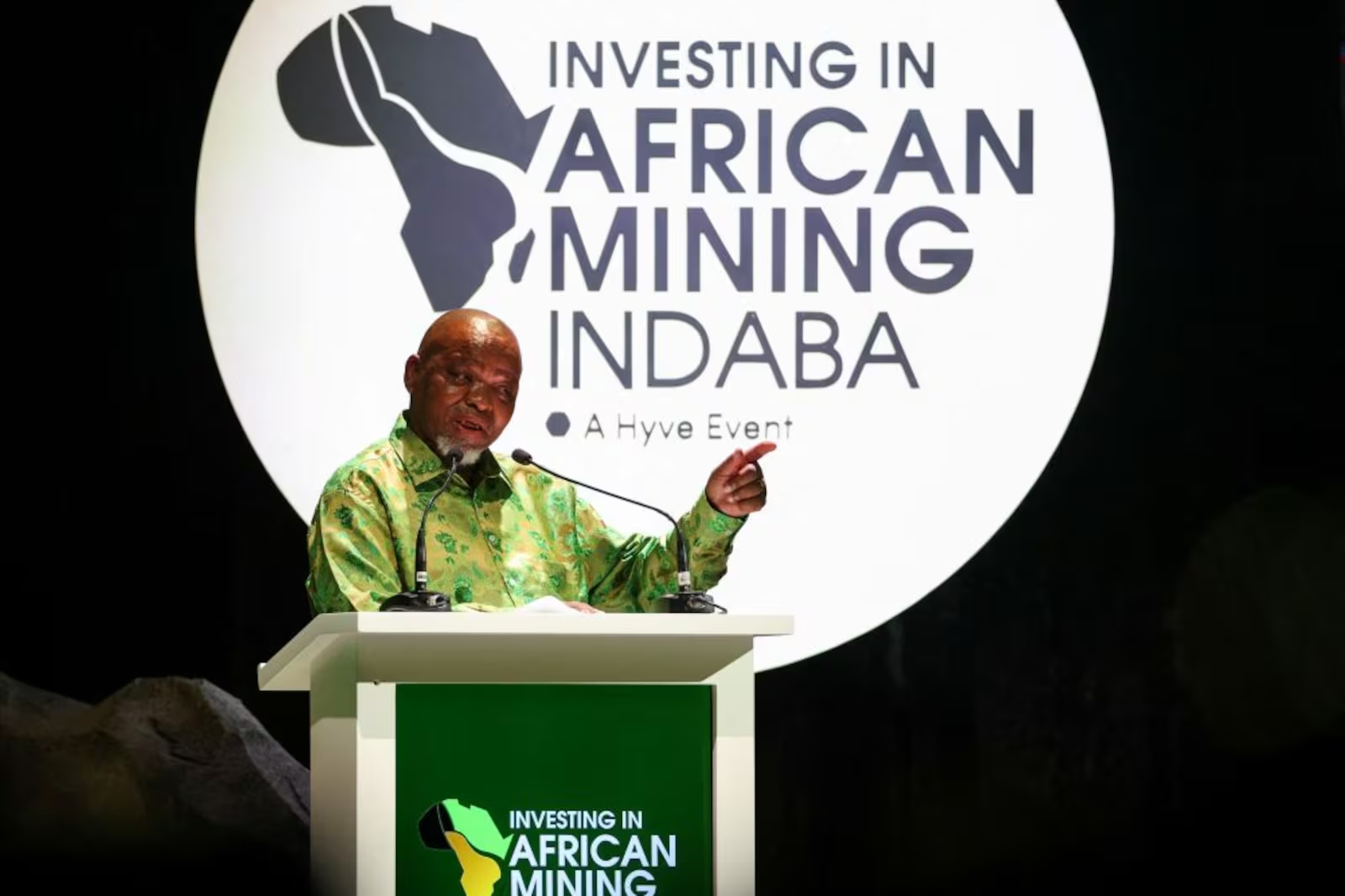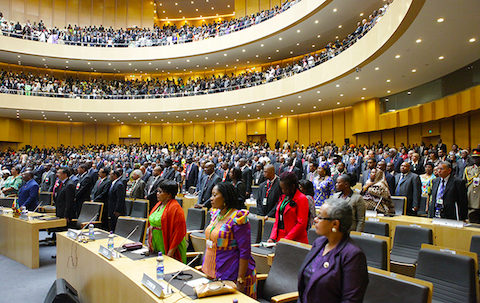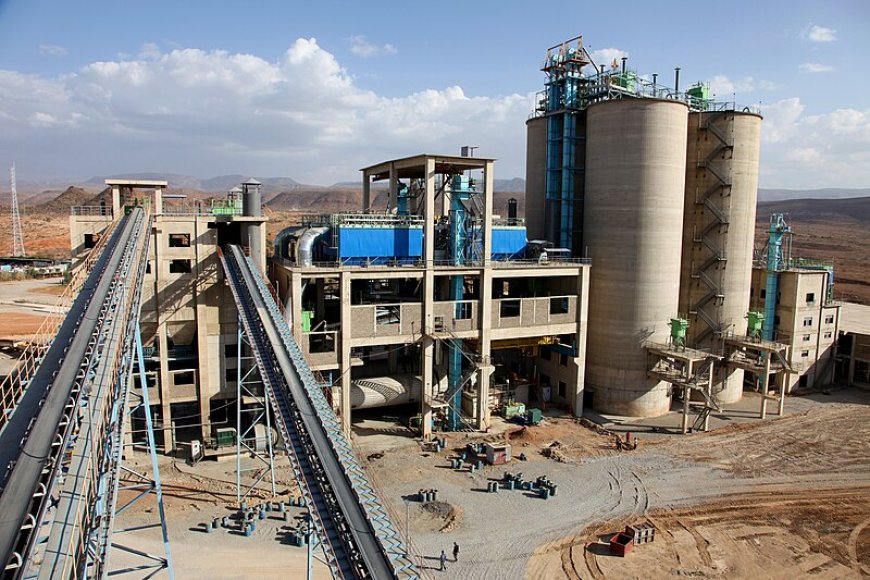Africa’s Carbon Markets Summit Opens Investment Gateway for Climate Finance


Quidah is an online platform that connects investors with curated opportunities and expert insights on Africa’s emerging markets, while offering businesses promotional services, partnership facilitation, and market intelligence to attract capital and grow their operations.
Industries
The upcoming Carbon Markets Africa Summit (CMAS) will bring together over 280 policymakers, investors, project developers, and industry leaders from 40 countries in Johannesburg from 21 to 23 October 2025. The summit’s main objective is to unlock the continent’s vast natural carbon wealth through credible projects, transparent regulation, and increased investment.
Africa holds an immense, largely untapped potential in its forests, soils, mangroves, and land-use systems capable of generating high-quality carbon credits. Estimates suggest that by 2030 the continent could issue up to 300 million tonnes of carbon credits annually, growing to 1.5 billion tonnes by 2050. This represents billions of dollars in potential revenue for verified emission-reduction projects that combine environmental integrity with economic inclusion.
The summit focuses on five key areas: credit integrity, alignment with international carbon frameworks, deal-making between investors and developers, capacity-building for governments, and integration of Africa-driven carbon solutions into global markets. Ministerial roundtables, investor-developer sessions, and technical masterclasses will highlight scalable projects across nature-based solutions, clean cooking, blue carbon, and circular urban models.
The timing is strategic. As the global carbon market tightens its standards, African nations are under growing pressure to build strong governance systems to capture more value locally. This summit aims to establish Africa as not just a participant but a leader in the evolving global carbon economy—turning climate policy into a continental growth driver.
For businesses and investors, this is an inflection point. Carbon project developers can access early-stage ventures, secure premium credit offtake contracts, and benefit from transparent regulatory frameworks. Infrastructure financiers and service providers will find opportunities in verification systems, blockchain registries, and remote-sensing tools. Local entrepreneurs and community models that link agriculture, forestry, and carbon credits can attract partnerships, capacity-building funds, and early-mover advantages. The summit underscores a vital message: carbon markets are not merely about emissions—they are about Africa’s next phase of sustainable wealth creation.


